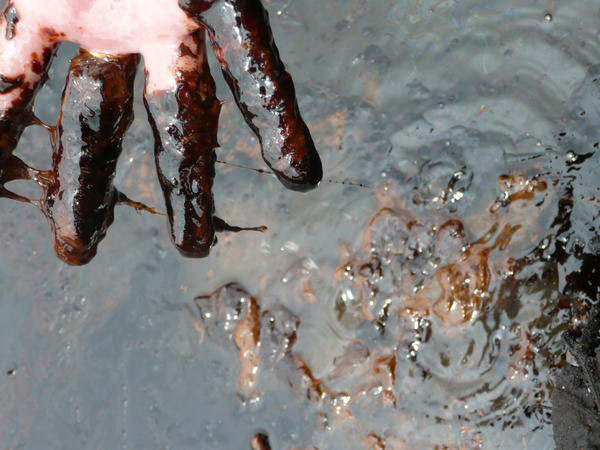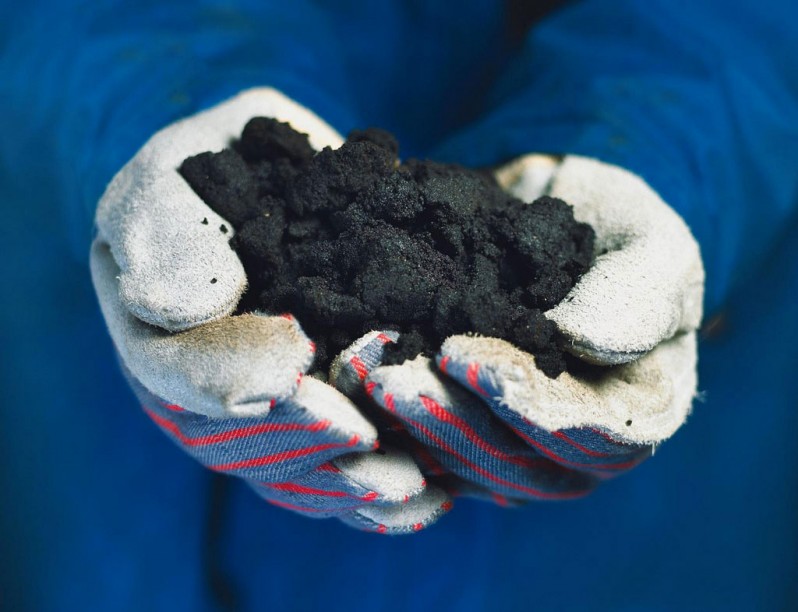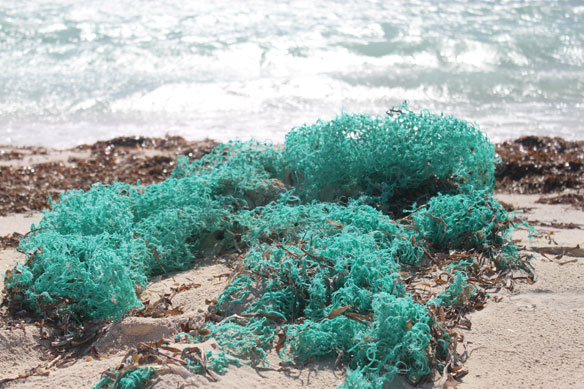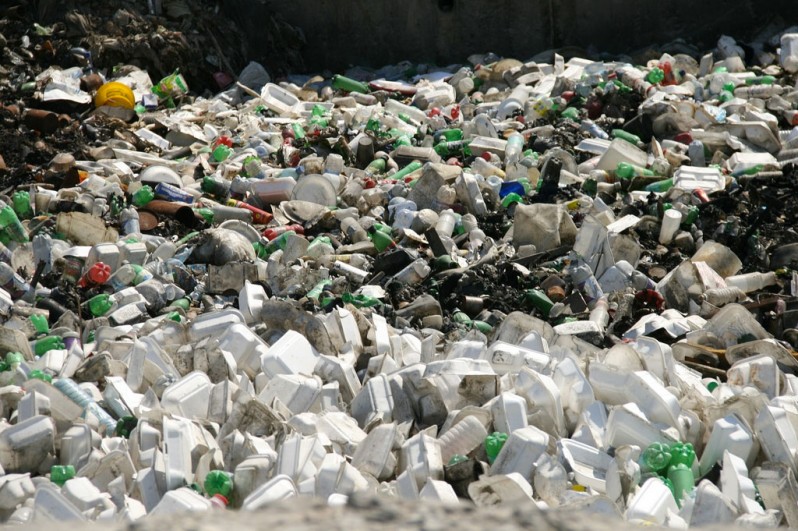Shell Agrees $84m Deal Over Niger Delta Oil Spill

Oil giant Royal Dutch Shell has agreed to a $84m (£55m) settlement with residents of the Bodo community in the Niger Delta for two oil spills. Yet, hundreds of oil spills from Shell’s dilapidated pipelines occur every year…
Could Global Tide Be Starting To Turn Against Fossil Fuels?

From an oil chill in the financial world to the recent U.S.-China agreement on climate change, recent developments are raising a question that might once have been considered unthinkable: Could this be the beginning of a long, steady decline for the oil and coal industries?
The Economic Case Against Keystone

It’s been well established that the Keystone XL pipeline presents unacceptable risks to the planet. But approval of Keystone also presents a lesser-known risk: to America’s economic future.
Oil, An Invasive Water Species in the Carnival Capital

The activities of the oil industry’s plants, pipelines and tankers occupy 46 percent of the Guanabara bay in the Brazilian state of Rio de Janeiro, and that area is expanding, due to deepwater drilling in the Atlantic off the coast of Brazil, and the construction of a second refinery near the bay, set to begin operating in 2016.
Blacklist Proposed for Fossil Fuels

Canada, Russia, Saudi Arabia and the US cannot burn much of the coal, oil and gas located within their national territories if the world wants to restrain global warming. That’s the conclusion of a new analysis aimed at determining what it will take to keep average global temperatures from rising more than 2 °C this century…
Keystone XL: US House Approves Oil Pipeline Again

The House of Representatives has overwhelmingly passed a bill authorizing the Keystone XL pipeline to bring tar sands oil from Canada to the US, despite a renewed pledge by the White House to veto the legislation.
Great Lakes Teeming With Tiny Plastic Fibers

Scientists who have reported that the Great Lakes are awash in tiny bits of plastic are raising new alarms about a little-noticed form of the debris turning up in sampling nets: synthetic fibers from garments, cleaning cloths and other consumer products.
New York City To Ban Use Of Plastic Foam Containers

New York City will become the largest city in the country to ban restaurants from using plastic foam containers, Mayor Bill de Blasio announced Thursday.
Digging in Beach Sand Linked to Increased Risk of Gastrointestinal Illness

People take certain precautions when they go to the beach. They apply sunscreen to avoid sunburn and stay away from big waves if they are not strong swimmers. But they do not usually worry about getting sick from digging or playing in the sand.
